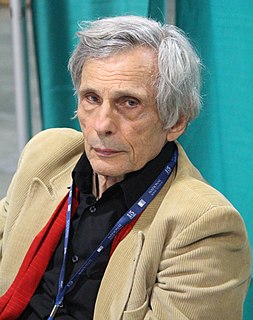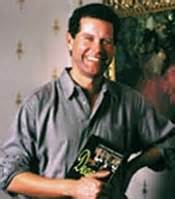A Quote by Jeffrey Eugenides
She could become a spinster, like Emily Dickinson, writing poems full of dashes and brilliance, and never gaining weight.
Quote Topics
Related Quotes
Even the best critical writing on Emily Dickinson underestimates her. She is frightening. To come to her directly from Dante, Spenser, Blake, and Baudelaire is to find her sadomasochism obvious and flagrant. Birds, bees, and amputated hands are the dizzy stuff of this poetry. Dickinson is like the homosexual cultist draping himself in black leather and chains to bring the idea of masculinity into aggressive visibility.
All of a sudden I understand why I like Aliki Barnstones poems so much. They remind me of the one she has studied most - shall we call her her master - Emily Dickinson. Not in the forms, not, as such, in the music, and not in the references; but in that weird intimacy, that eerie closeness, that absolute confession of soul.... In Barnstone, too, the two worlds are intensely present, and the voice moves back and forth between them. She has the rare art of distance and closeness. It gives her her fine music, her wisdom, her form. She is a fine poet.
When Emily Dickinson's poems were published in the 1890s, they were a best-seller; the first book of her poems went through eleven editions of a print run of about 400. So the first print run out of Boston for a first book of poems was 400 for a country that had fifty million people in it. Now a first print run for a first book is maybe 2,000? So that's a five-time increase in the expectation of readership. Probably the audience is almost exactly the same size as it was in 1900, if you just took that one example.





































